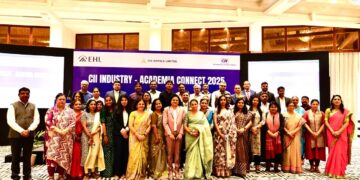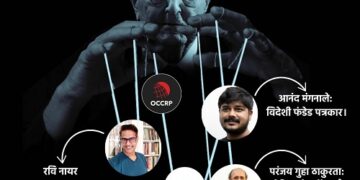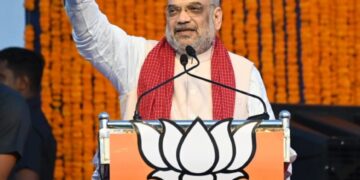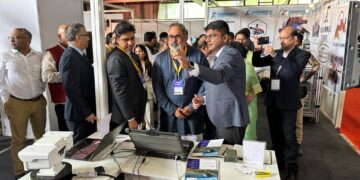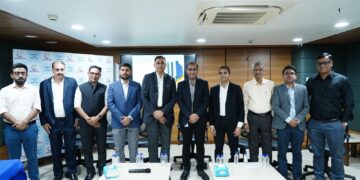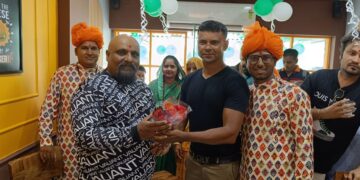Ahmedabad, India | February 13, 2025 – The “World Congress of Diabetes” organised by Diabetes India and the Diabetes in Asia Study Group (DASG) at Forum Convention & Celebration Centre, Club O7, Ahmedabad, from February 13 to 16, 2025. At a landmark gathering of thousands of doctors, researchers, and healthcare professionals in Ahmedabad, Diabetes India and the Diabetes in Asia Study Group (DASG) jointly released the Ahmedabad Declaration, calling for urgent action to address the alarming rise of Type 2 Diabetes (T2D) among young Asians. The declaration, drafted with the participation of 59 leading experts from around the world, has also been published today in the prestigious journal Diabetes and Metabolism – Research and Reviews. The Chief Guest for the event is Dr. Jitendra Singh, Minister of Science & Technology, Government of India, with Guests of Honor including Dr. Peter Schwarz, President of the International Diabetes Federation, and Dr. Helena Teede, President of the International Society of Endocrinology, while Special Invitees comprise Dr. Abdul Basit, President of DASG, Dr. A. K. Azad Khan, Chair of IDF SEA, Dr. Anil Nayak, National President (2025-26) of IMA, and Dr. Nadima Shegam, Program Chair of DASG. The conference, scheduled from February 13 to 16, is being organized by Dr. S. R. Aravind (President, Diabetes India), Dr. Banshi Saboo (Secretary, Diabetes India), Dr. Sanjay Reddy (Treasurer, Diabetes India), Dr. Shashank Joshi (Program Chair, Diabetes India 2025), Dr. Manoj Chawla (Organizing Chairman, Diabetes India 2025), Dr. Sanjeev Phatak (Organizing Secretary, Diabetes India 2025), and Dr. Amit Gupta (Scientific Secretary, Diabetes India 2025).
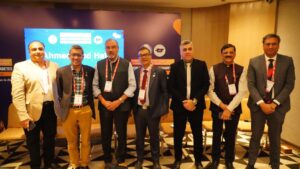
Dr. Rakesh Parikh, first author of the Ahmedabad Declaration, warned that young-onset diabetes is placing an unsustainable burden on healthcare systems. “With diabetes developing at younger ages, we are seeing longer disease duration, higher complications, and escalating treatment costs. If this trend continues, it could cripple healthcare infrastructure across Asia. Governments must act now with stronger policies on prevention, taxation on unhealthy foods, and early screening programs.”
Dr. Banshi Saboo, Secretary, Diabetes India, highlighted the transgenerational impact of diabetes. “When young women develop diabetes, their children are at significantly higher risk due to intrauterine metabolic changes. This means the crisis won’t just affect this generation—it will continue for decades unless early intervention strategies are prioritized.”
Dr. Abdul Basit, President, DASG, emphasized that this is not just a country-specific issue but a pan-Asian crisis. “Diabetes is rising sharply in India, Pakistan, Bangladesh, Sri Lanka, China, and the Middle East, largely due to rapid urbanization, dietary changes, and sedentary lifestyles. We need regional collaboration and policy-level action to slow this epidemic.”
Dr. Anoop Misra, a leading expert on metabolic diseases, stressed the importance of dietary and lifestyle modifications. “Asian diets have shifted toward processed, high-calorie, and sugar-laden foods, while physical activity has declined. Without immediate action to restore traditional, healthier eating habits and increase daily movement, this crisis will only worsen.”
The Ahmedabad Declaration provides a comprehensive action plan for policymakers, healthcare systems, and communities to address young-onset diabetes through prevention, early detection, and equitable access to treatment.
“This is a decisive moment,” the experts stated. “If we fail to act today, we are condemning future generations to lifelong health complications and reduced life expectancy.”

